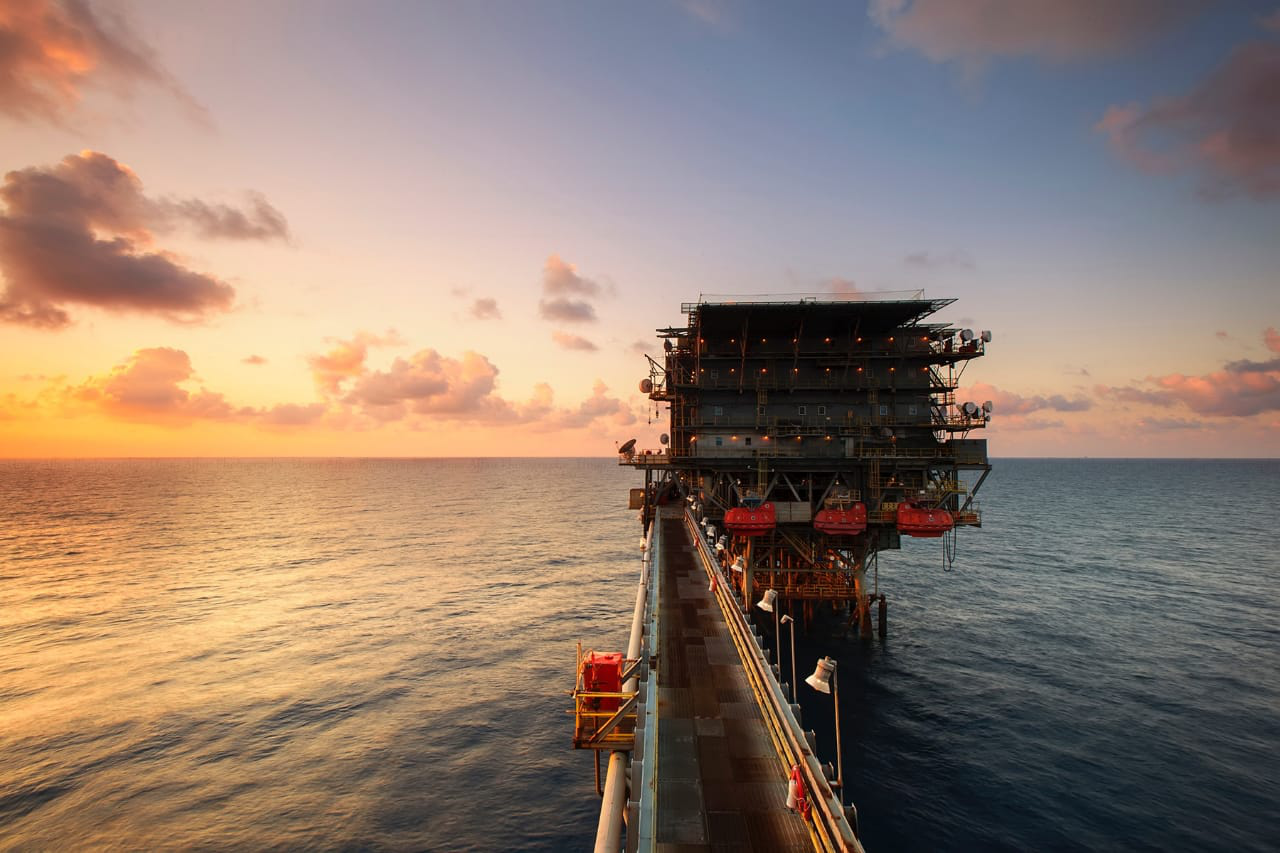Mainland Companies
The UAE Commercial Agencies law applies to most economic activities conducted in mainland UAE. Foreign companies intending to conduct business in mainland UAE can do so either through a limited liability company or a branch or representative office of a foreign entity. The main advantages of having an onshore mainland entity include fewer restrictions on how business activities can be undertaken and that the company can legally trade freely within the UAE. There are no restrictions for business premises location, provided it is located onshore and in the respective emirate from which the licence is issued. Federal law stipulates that UAE nationals must own at least 51 per cent of the company's share capital (while the remaining 49 per cent may belong to foreigners) for the majority of company activities from an official government list of more than 2,000 business activities. Businesses that require a local sponsor, who owns at least 51 per cent of shares in the company, can become a challenging and daunting experience for foreign investors and finding a reliable local partner in a foreign country can be difficult. Often, the main concern for an investor is how much involvement the sponsor will have and whether the local sponsor could potentially interfere in business operations, request a percentage of profits or possibly make it difficult for the foreign investor to exit in future. While not all concerns can be eased, experienced business and legal partners can help set up the legal structure and corresponding agreements with reliable local partners, to minimise these risks. Since June 2021, around 1,000 of the listed business activities (mostly commercial, trading and industrial activities) can now be conducted under 100 per cent full foreign ownership. Professional licences, branches of foreign or freezone companies and sole proprietorship companies can be directly registered in the UAE without the need to appoint a local service agent, as previously required. In short, to penetrate the UAE mainland market and work with locally-based customers and/or governmental bodies, UAE mainland establishments are the only option.



